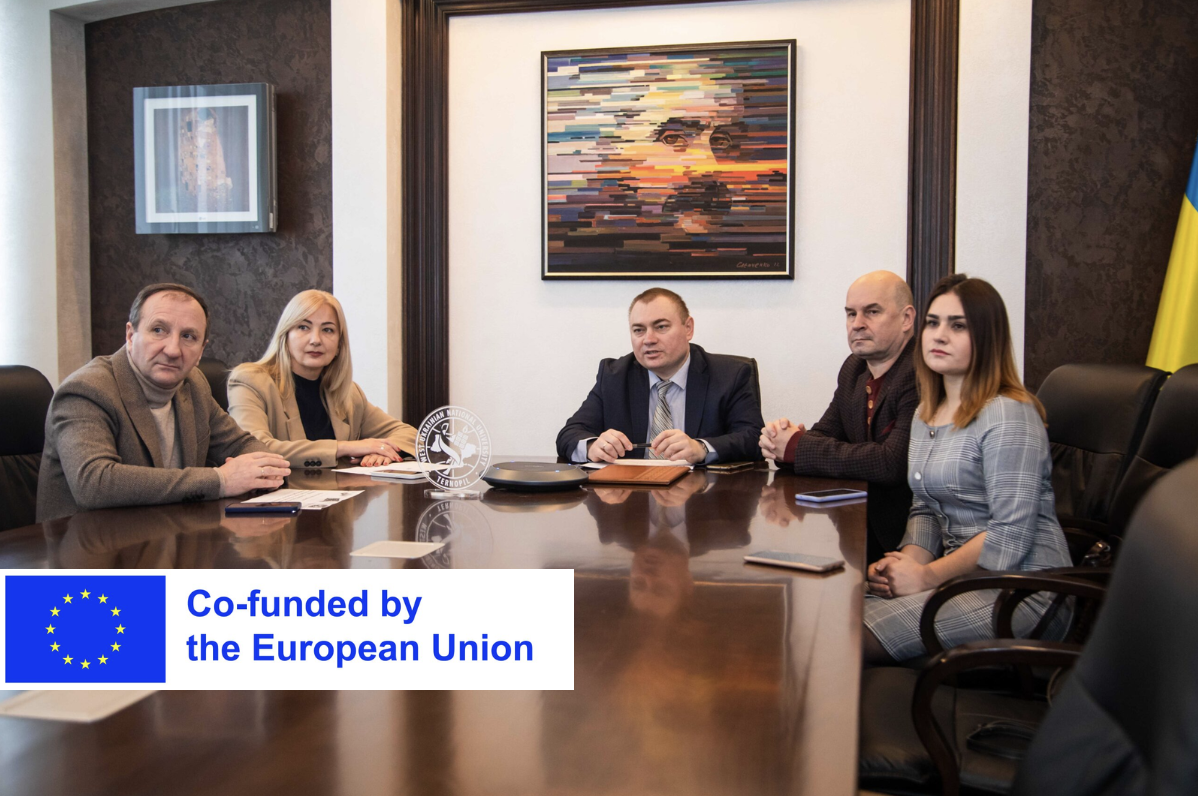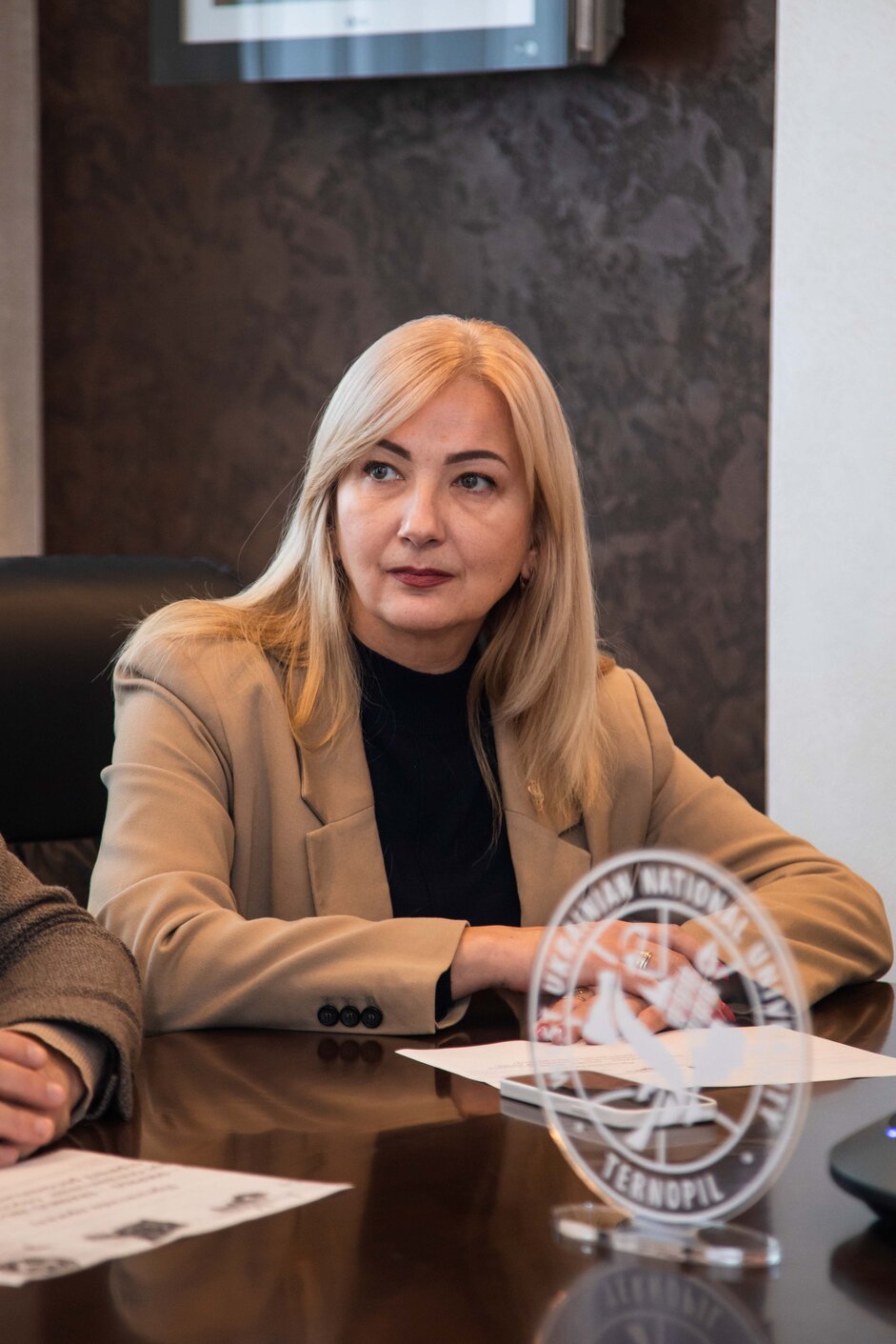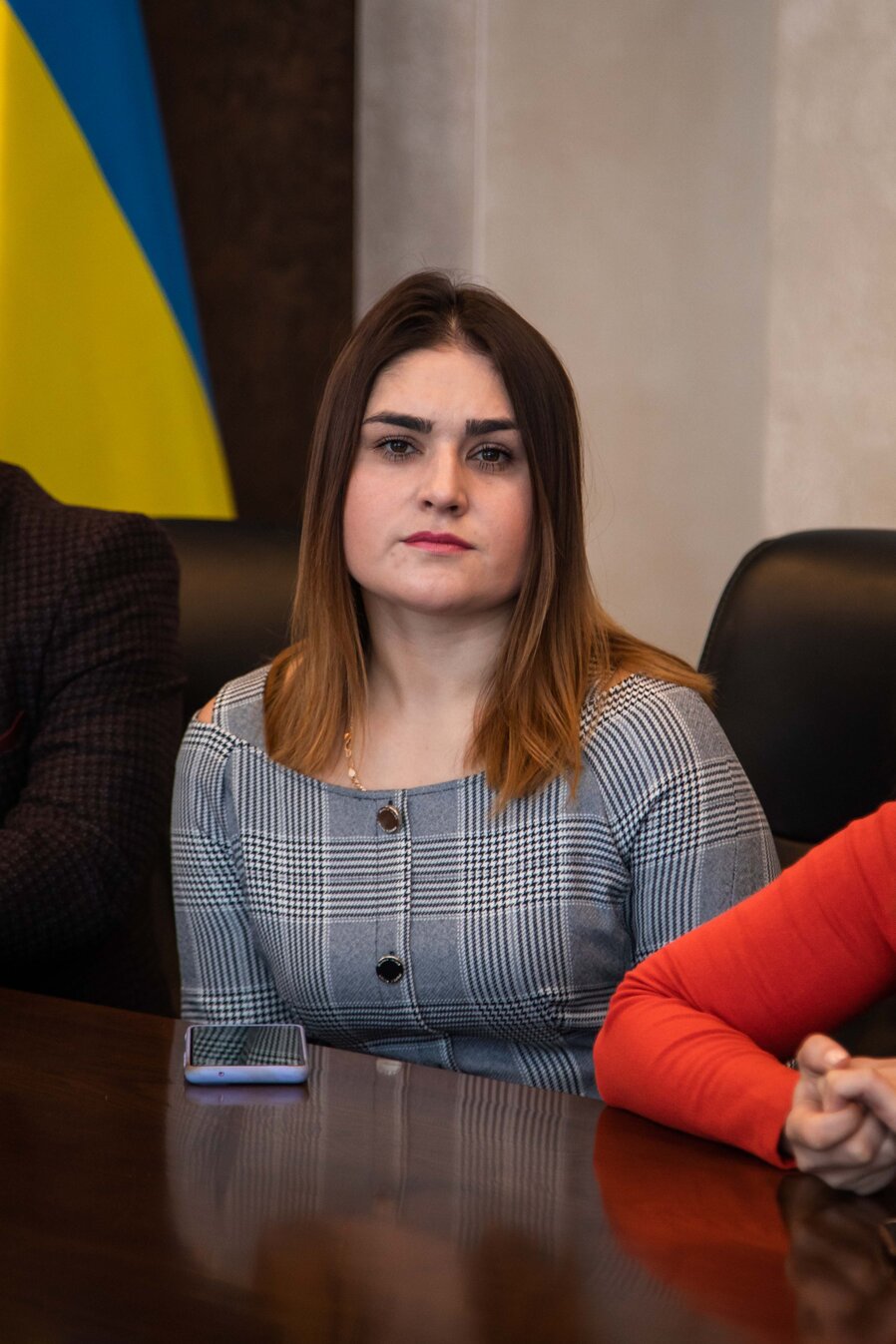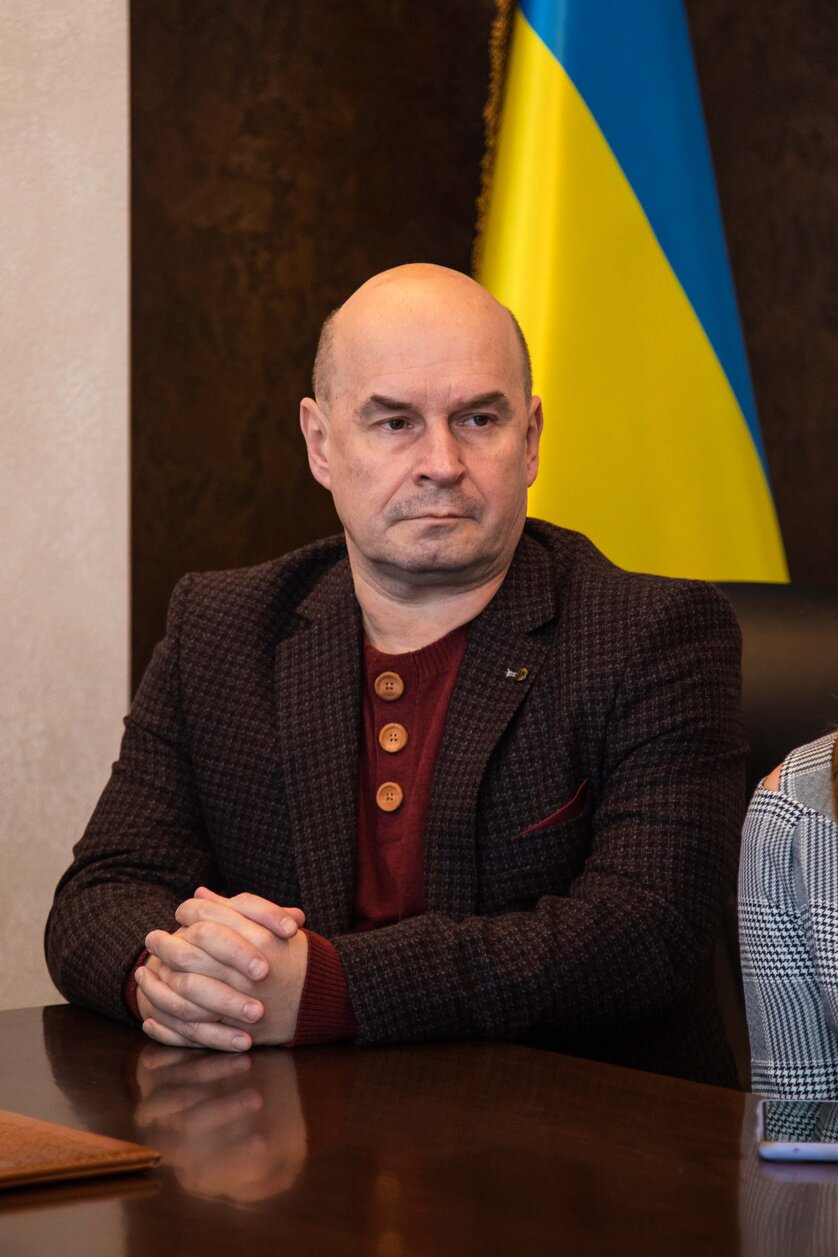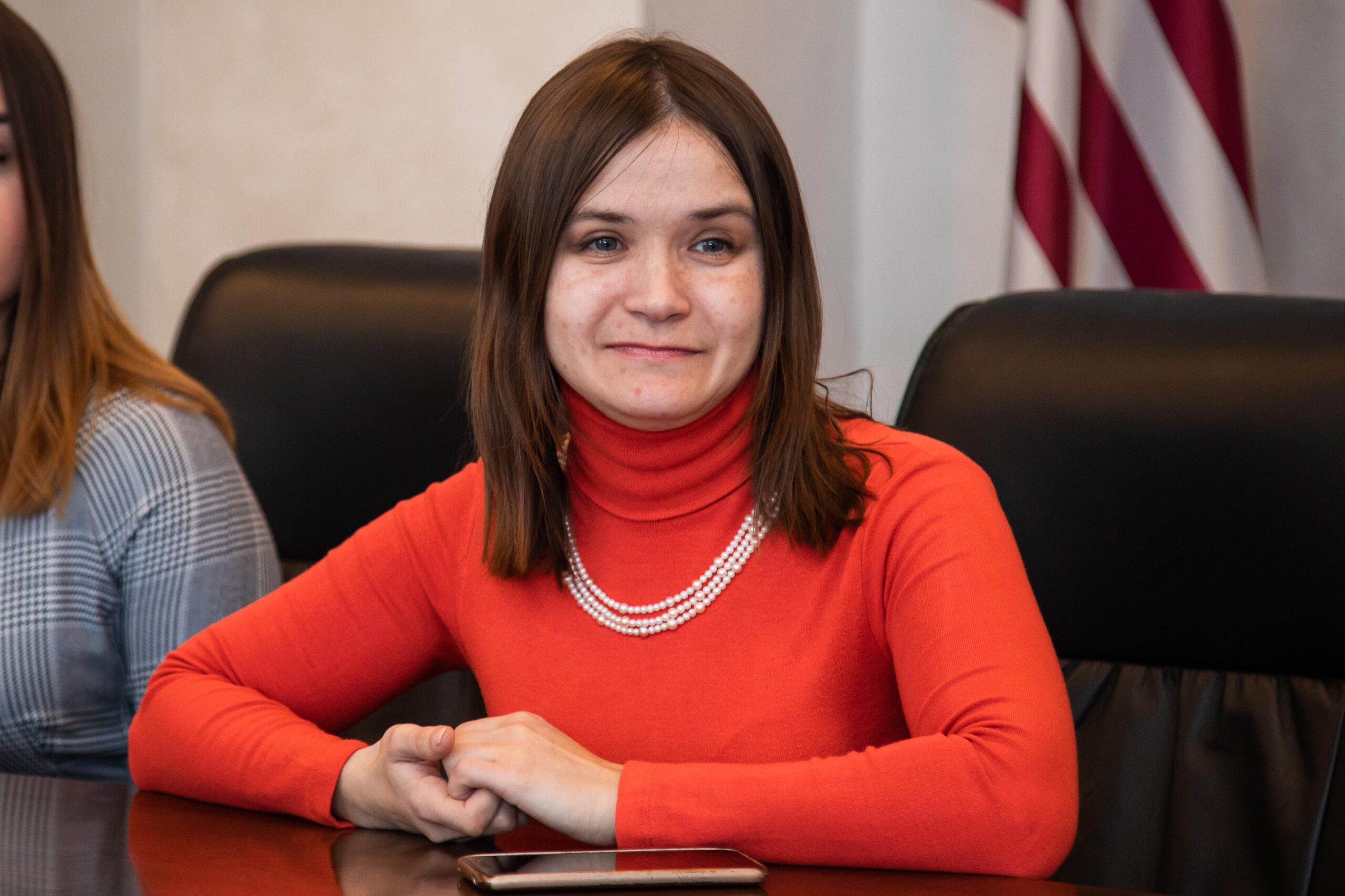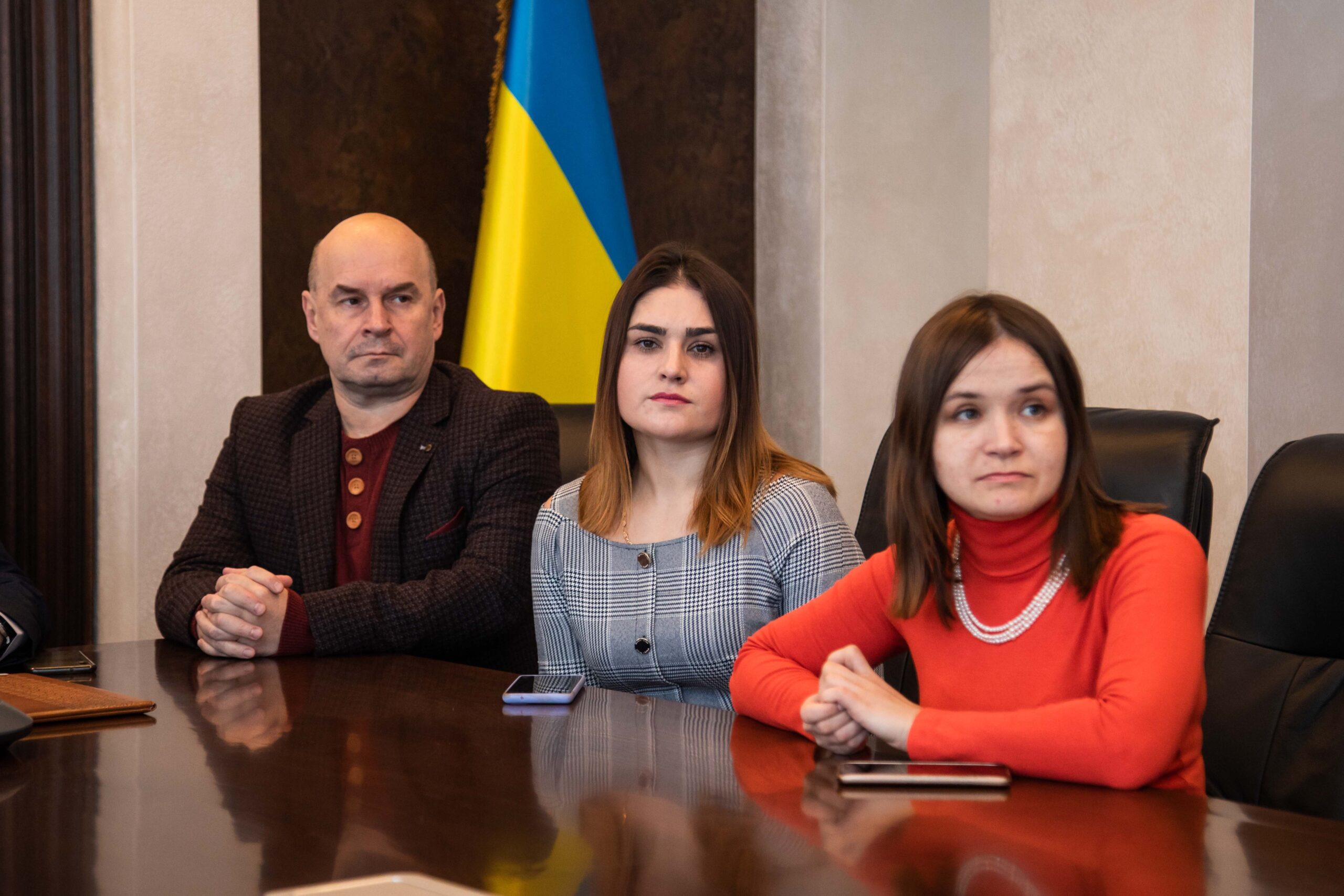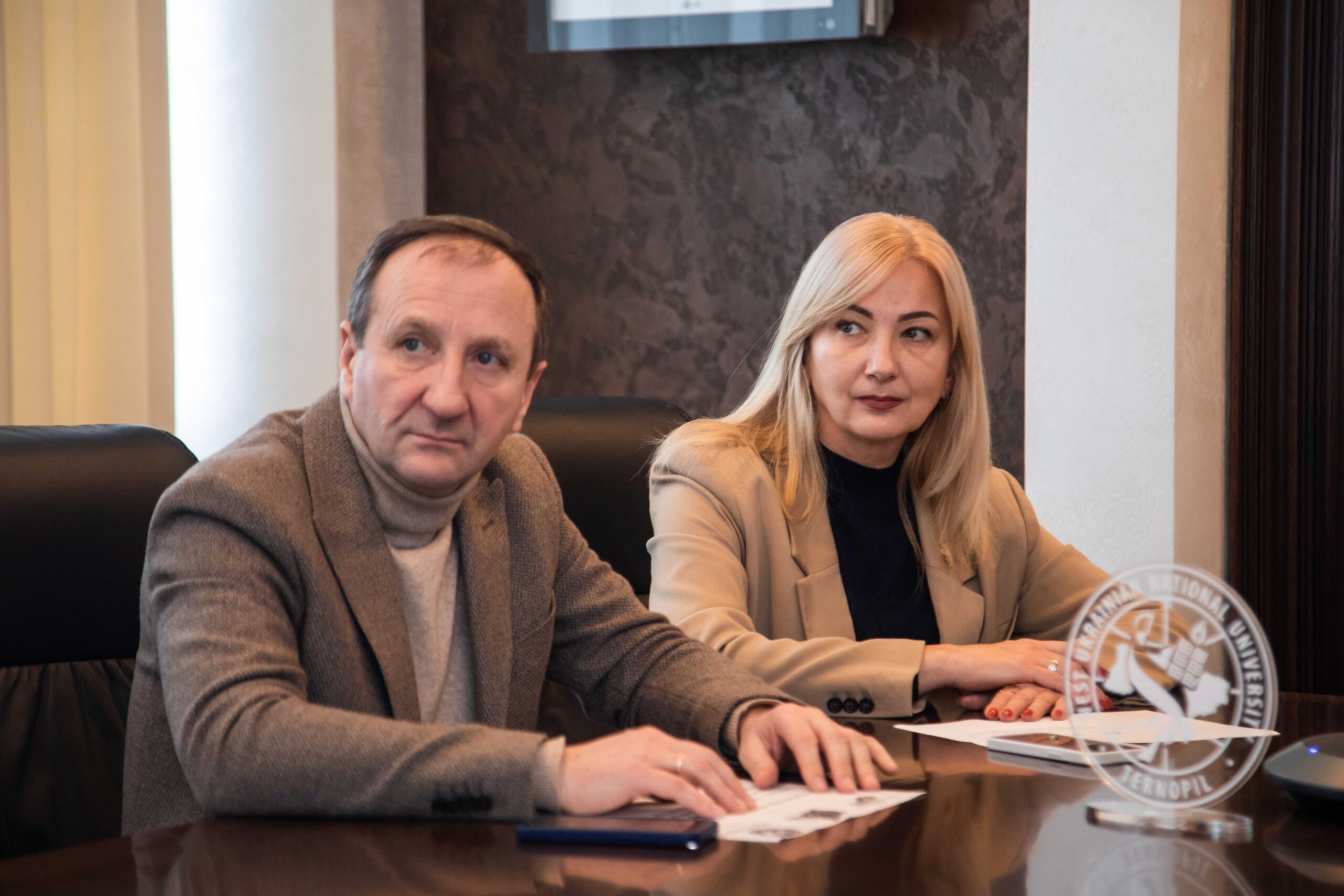On December 20, 2022, the Jean Monnet project 101085642 – SSEPRDS – ERASMUS-JMO-2022-HEI-TCH-RSCH “Smart Specialization: European Experience of Regional Development Strategy” was presented at the Classical University of Ternopil.
The meeting was joined by Oksana Desyatnyuk, Vice-Rector for Academic Affairs (International Activities), the project team of Petro Putsenteylo; Vasyl Brych; Olena Borysiak; Serhiy Hunko; Ulyana Tkach; and participants of the zoom conference.
Oksana Desyatniuk, Vice-Rector for Academic Affairs (International Activities), greeted the participants and wished them a successful implementation of the project in such a difficult time for Ukraine.
The project coordinator, Doctor of Economics, Professor Petro Putsenteylo, outlined in detail the general directions of the Erasmus+ program, its goals, objectives and expected results. He also noted the importance of implementing Smart Specialization knowledge in the regional development of the state. He highlighted the project’s goal, which is to research, develop a curriculum, and teach the basics of the European innovation strategy for smart specialization in the region.
The project is expected to achieve the following results: generalization of the European experience of research and innovation for smart specialization; training of representatives of the expert community to develop smart specialization projects; increase in the number of academic disciplines in European studies at the university; development of teaching materials for intensive courses on the study of European experience of research and innovation for smart specialization for representatives of public administration, business and the public; involvement of
The project is being implemented under grant agreements between the European Executive Agency for Education and Culture (EACEA) under the authority delegated by the European Commission and the Western Ukrainian National University.
Funded by the European Union. However, the views and opinions expressed are those of the author(s) alone and do not necessarily reflect the views of the European Union or the European Executive Agency for Education and Culture (EACEA). Neither the European Union nor the grantor can be held responsible for them.

